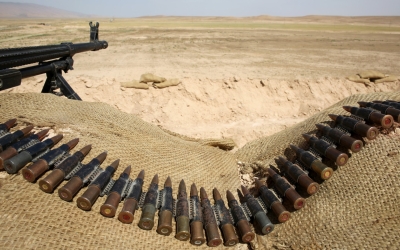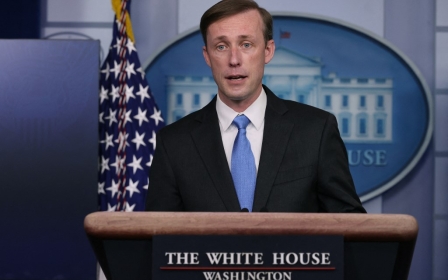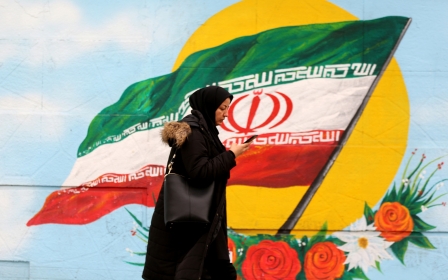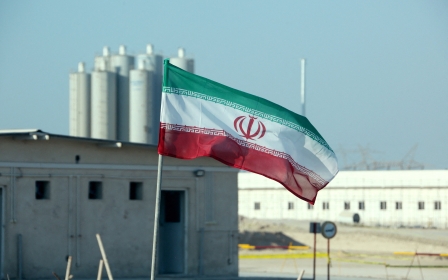Reviving Iran deal is 'most urgent' priority, says EU's Josep Borrell
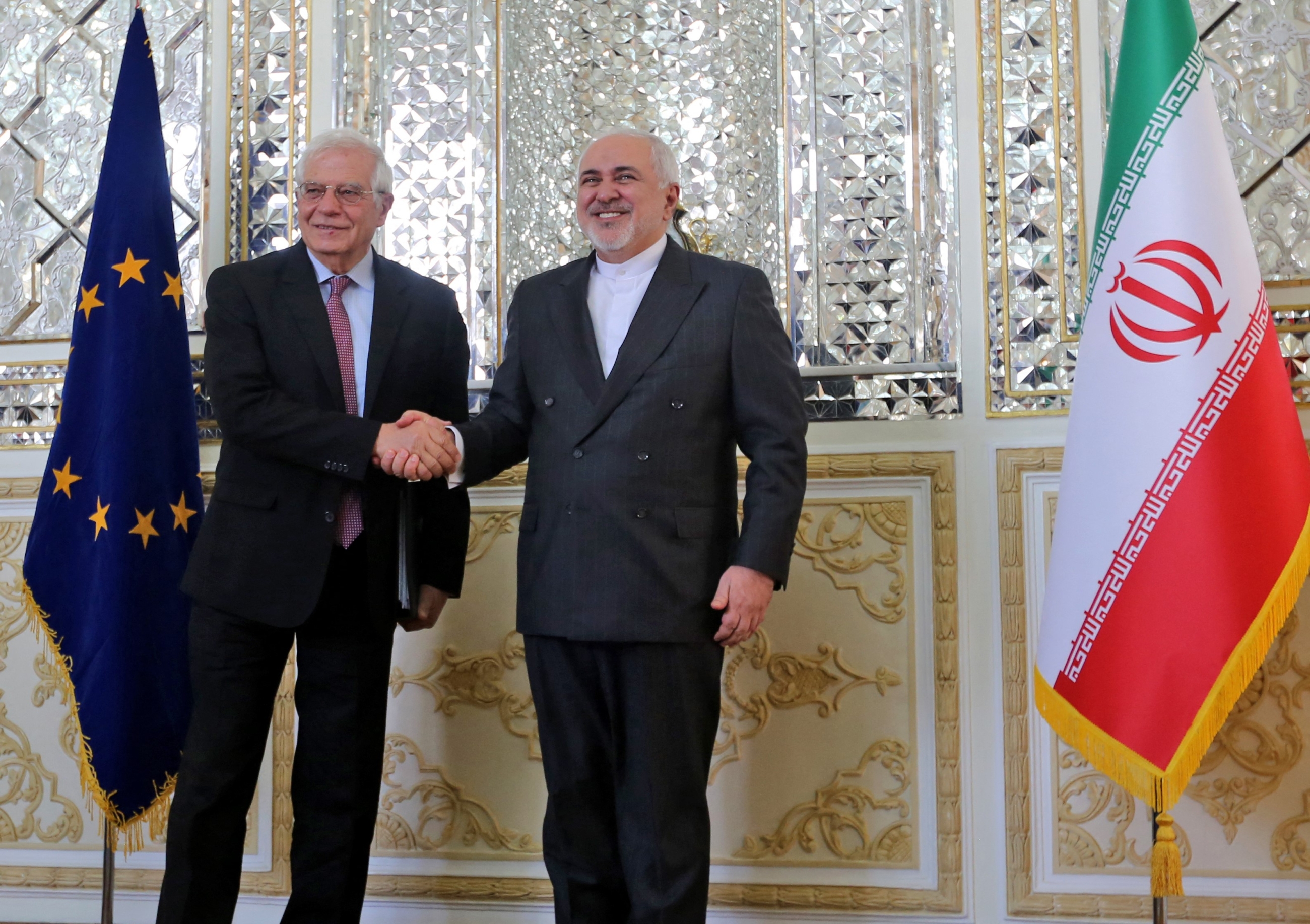
Top EU foreign policy official Josep Borrell has called reviving the Iran nuclear deal "the most urgent and important" diplomatic priority in US-European relations, saying that bringing both Washington and Tehran back into compliance with the pact is "going to be possible".
Speaking virtually to the Atlantic Council on Tuesday, Borell also rejected efforts to expand the deal to address matters outside its current scope, warning that adding other issues to the accord would "block the process" to save it.
The multilateral agreement, known as the Joint Comprehensive Plan of Action (JCPOA), saw Iran scale back its nuclear programme in exchange for lifting sanctions against its economy.
"The JCPOA, it is what it is. Maybe there are other issues that have to be taken into consideration. But don't put everything together," said Borrell, who serves as the EU's high representative for foreign affairs and security policy.
'Triumph of diplomacy'
Former President Donald Trump withdrew the United States from the JCPOA in May 2018 and started piling sanctions on various sectors of the Iranian economy as part of his "maximum pressure" campaign against Tehran.
Iran responded by loosening its commitments to the pact and enriching uranium beyond the restrictions set by the accord.
President Joe Biden has vowed to revive the accord, but his administration wants Iran to fully adhere to the agreement again before sanctions are lifted. Iranian officials reject the US posture, arguing that Washington must comply with the deal first as the party that nixed the pact.
Biden and his top aides have said they plan on making the deal "longer and stronger" and use it to launch broader talks over Iran's regional activities and ballistic missile programme, but Tehran says its "defence" policies are not negotiable.
On Tuesday, Borrell said both Iranian compliance and US sanctions relief are needed for the JCPOA to go back into effect, stressing that he is working hard to arrange a meeting for all the parties involved in order to "greenlight" the return to the deal.
"For us, the Europeans, the Iran nuclear deal, it's a triumph of diplomacy, and we are very proud of it," he said, noting that Tehran had not violated the agreement before Washington withdrew from it.
The US administration announced last week that it is ready to engage in direct talks with Tehran through the P5+1 format to discuss the implementation of the pact.
The P5+1 is the bloc of world powers that negotiated the agreement with Iran in 2015. It includes the five permanent members of the UN Security Council: the US, UK, France, Russia and China - plus Germany.
Restricting UN inspectors
Last week's diplomatic efforts came ahead of a deadline mandated by the Iranian parliament for restricting access of UN inspectors to its nuclear facilities if US sanctions were not lifted. The law suspends unscheduled inspections - known as the additional protocol - from UN officials.
But before it went into effect, Iran reached a deal with the International Atomic Energy Agency (IAEA) to "mitigate plans to reduce cooperation" between Tehran and the UN watchdog.
"We have reached a temporary bilateral technical understanding whereby the agency is going to continue its necessary verification and monitoring activities for a period of up to three months," IAEA chief Rafael Mariano Grossi said on Sunday.
The UN did acknowledge, however, that inspectors will have "less access" than they had when the deal was in effect.
Iranian Foreign Minister Mohammad Javad Zarif said on Tuesday that suspending the additional protocol has gone into effect. But he noted in a tweet that Iranian violations of the JCPOA, which he called "remedial measures" in response to the US's withdrawal from the deal, are "reversible".
On Tuesday, France, Germany and the UK said in a joint statement that they "deeply regret" the Iranian move.
"The E3 are united in underlining the dangerous nature of this decision," the three European powers said. "It will significantly constrain the IAEA’s access to sites and to safeguards-relevant information."
For his part, Borrell described the temporary agreement between Iran and the IAEA as a "window of opportunity".
"We have to use this window of opportunity in order to make the JCPOA back on track," he said. "This would require Iran to come back to full compliance with the nuclear agreement. And it would require also sanction relief... One thing goes with the other."
Middle East Eye propose une couverture et une analyse indépendantes et incomparables du Moyen-Orient, de l’Afrique du Nord et d’autres régions du monde. Pour en savoir plus sur la reprise de ce contenu et les frais qui s’appliquent, veuillez remplir ce formulaire [en anglais]. Pour en savoir plus sur MEE, cliquez ici [en anglais].


